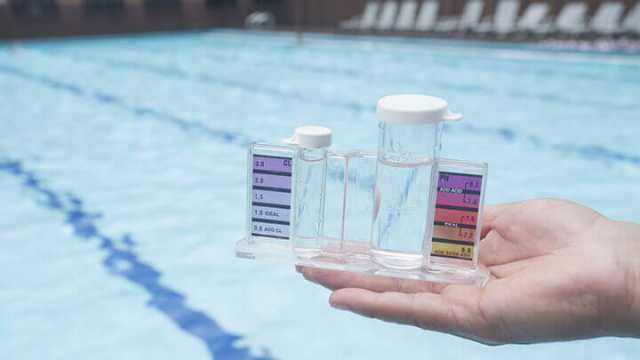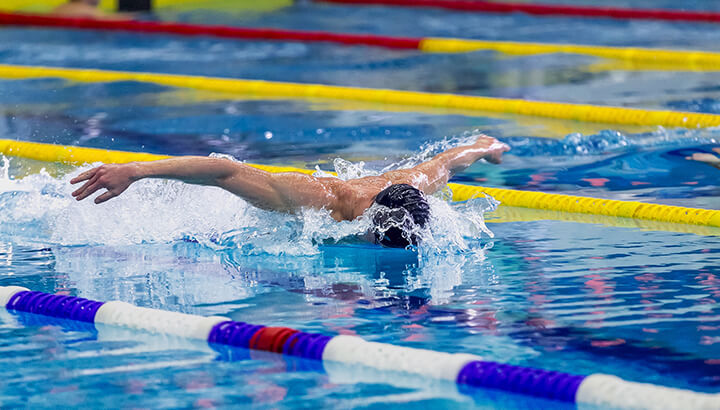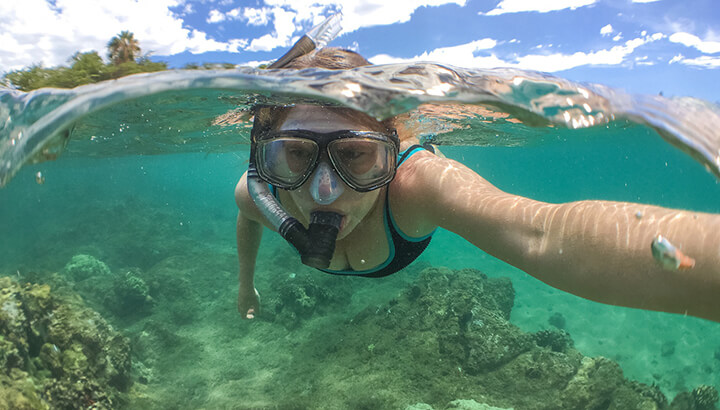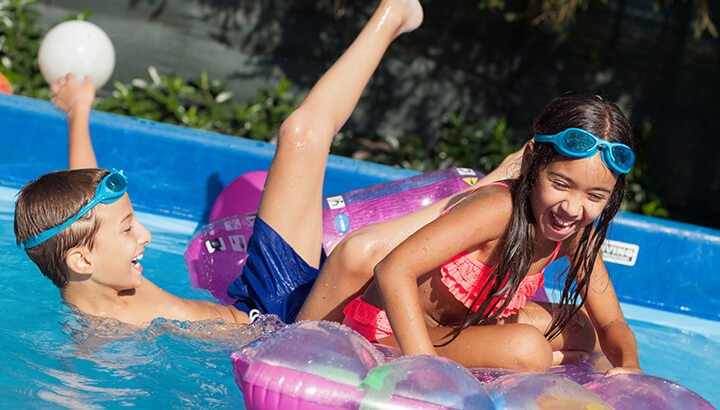
Have you ever peed in the pool? Most of us probably have when we were kids. We didn’t know better, it’s okay to admit it. However, a surprising amount of adults may be peeing in swimming pools and hot tubs, too, though they’ll likely never admit it. Some may figure it’s not a big deal. Sure, it’s pretty gross, but no one will ever know. No damage done, right?
Well, unfortunately for secret pool urinators, research has found two things that may come as a surprise. The first is that people pee in the pool much more often than we may think. The second is that peeing in the pool is not a harmless activity. Doing this can actually expose everyone in and near the pool to toxic compounds.
The prevalence of peeing in the pool
For a new study published in the journal Environmental Science & Technology Letters, researchers measured how much urine was in a sampling of swimming pools and hot tubs across Canada using the help of acesulfame potassium (Ace-K), an artificial sweetener found in many processed foods (which, as we know, many people consume on a regular basis). Measuring these sweeteners, which go through the body and don’t break down in the chlorinated water, allowed the team to estimate how much pee actually goes into pools.
On their research and results, the authors wrote:
“The widespread consumption of acesulfame-K (ACE), a stable synthetic sweetener, and its complete excretion in urine, makes it an ideal urinary marker. Here we report the occurrence of ACE and its potential application in swimming pools and hot tubs. First, we developed a new method for achieving high-throughput analysis of ACE without preconcentration or large-volume injection. Analysis of more than 250 samples from 31 pools and tubs from two Canadian cities showed ACE in all samples.”
That’s right, 100 percent of the samples contained this sweetener, which travels through urine. According to calculations by the researchers, a commercial swimming pool contains 220,000 gallons of water and also contains nearly 20 gallons of pee. Scale that down to a 20-by-40 foot pool in someone’s backyard and that would be two gallons per pool.
On the surprising prevalence of urine in pool water, Purdue University environmental engineer Ernest Blatchley III commented, “I think you can assume that if people are using your pool, they’re peeing in it.” Yikes.
The cleaner it smells…

… the more urine it contains. It’s not a joke. People who visit pools that smell highly chlorinated may be reassured, assuming that the chlorine content is so high that the pool must be clean. Not so! The strong odor of chlorine is a sign of chemical compounds that form when urine interacts with sweat, urine and bodily oils. So, the cleaner the pool smells, the more urine it likely contains.
The hazards of pee in the pool
First of all, chlorine itself is not good for you. It has been linked to eye irritation and gut bacteria imbalance. It is also a possible carcinogen. However, things get even worse when chlorine reacts to urine (as well as sweat and body oils). This interaction forms a variety of chemical compounds. Exposure to these compounds, especially in the long term, may lead to:
- Respiratory issues such as asthma
- Eye and throat irritation
- Weakened immune system
- Nervous system damage
- Cardiovascular damage
- A higher risk of certain cancers, such as bladder cancer
What’s more, if you are swimming in a pool that does not change its water often, more and more disinfection byproducts (with more and more nasty side effects) can build up.
Here is how to swim more safely (and in less urine):
1. Head to the beach

Your best bet for avoiding swimming in a pee-infested pool, and the potentially harmful compounds that this creates, is to pack a cooler and head to the beach. If there is a lake or ocean in or near your area, take a trip there and swim in nature! Of course, people may still pee in the lake or ocean, but because these bodies of water are much larger than a swimming pool, the urine will be quickly diluted. Plus, there’s no chlorine for the pee to react with. Swimming in natural waters is best, so if this is an option for you, take advantage of it! If you don’t live near a lake or ocean, maybe it’s time for a vacation!
2. Call your local swimming pool
If you do wish to visit your local swimming pool, give them a call. Ask for the manager and ask how often they change their water. If you can get the pool to send you documentation of water change frequency, that is ideal. If the management is unsure, or unwilling to give you an answer, this may be a sign that the water is not changed nearly often enough. If this is the case, you may wish to search for another pool, one that will be transparent with this crucial information. Look for one that values hygiene and safety.
3. Choose outdoor over indoor pools

If you have a choice between an indoor or outdoor pool, choose the outdoor pool. There is less chance of suffering from respiratory trouble at an outdoor swimming pool, since the fresh air can ventilate the compounds which may be created from the pool chemicals and urine. The sunlight can also help to break down some of these compounds. Indoor pools, on the other hand, are not very well ventilated. They do not have the sunshine to minimize the chlorine combination risk factors.
4. Shower before and after entering the pool
Showering beforehand gets the sweat and body oils off of your skin. Showering afterward washes away the chlorine. Make sure to do both each time you visit public swimming pools.
5. Swim in a ozonated pool
If you have an option to swim in an ozonated pool, as opposed to a chlorinated one, go for it! Ozone oxidizes and sanitizes contents in the pool, similar to chlorine.
Happy swimming! And remember, don’t pee in the pool!
– Tanya Mead

